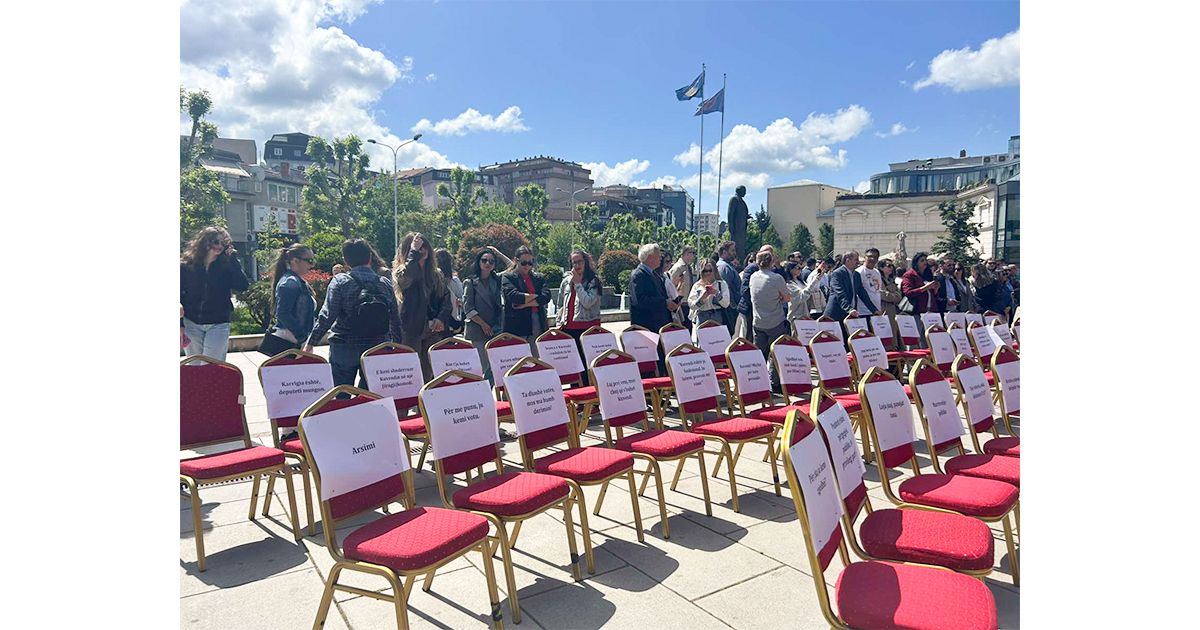On 3 Feb, the Kosovo Women’s Network (KWN) hosted a delegation of gender advisors and gender focal points working with Kosovo police from the European Union Rule of Law Mission in Kosovo (EULEX).
KWN briefed the delegation regarding its past and present work, focusing particularly on gender-based violence. KWN and EULEX discussed opportunities for collaboration and cooperation in the future, in particular related to strengthen Kosovo institutions in addressing domestic violence and sexual harassment. The specific challenges in addressing domestic violence in northern Kosovo also were discussed.
KWN and EULEX agreed on common goals and potential steps forward for their future cooperation and coordination to address the issues of domestic violence and sexual harassment.


